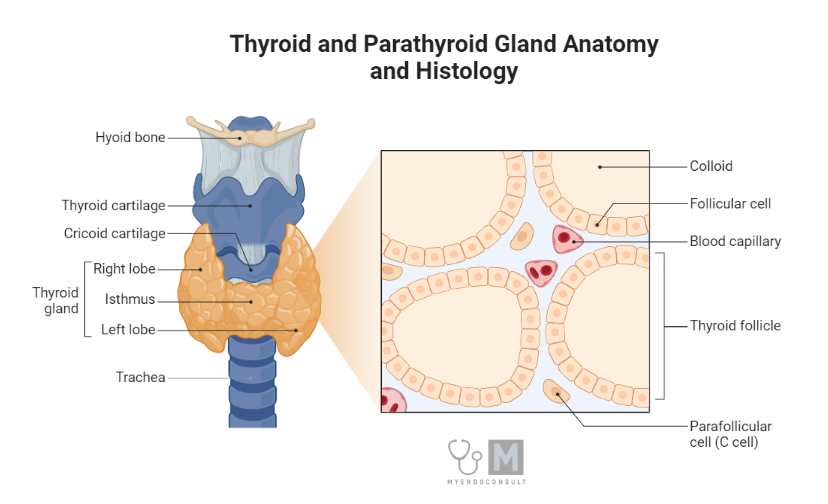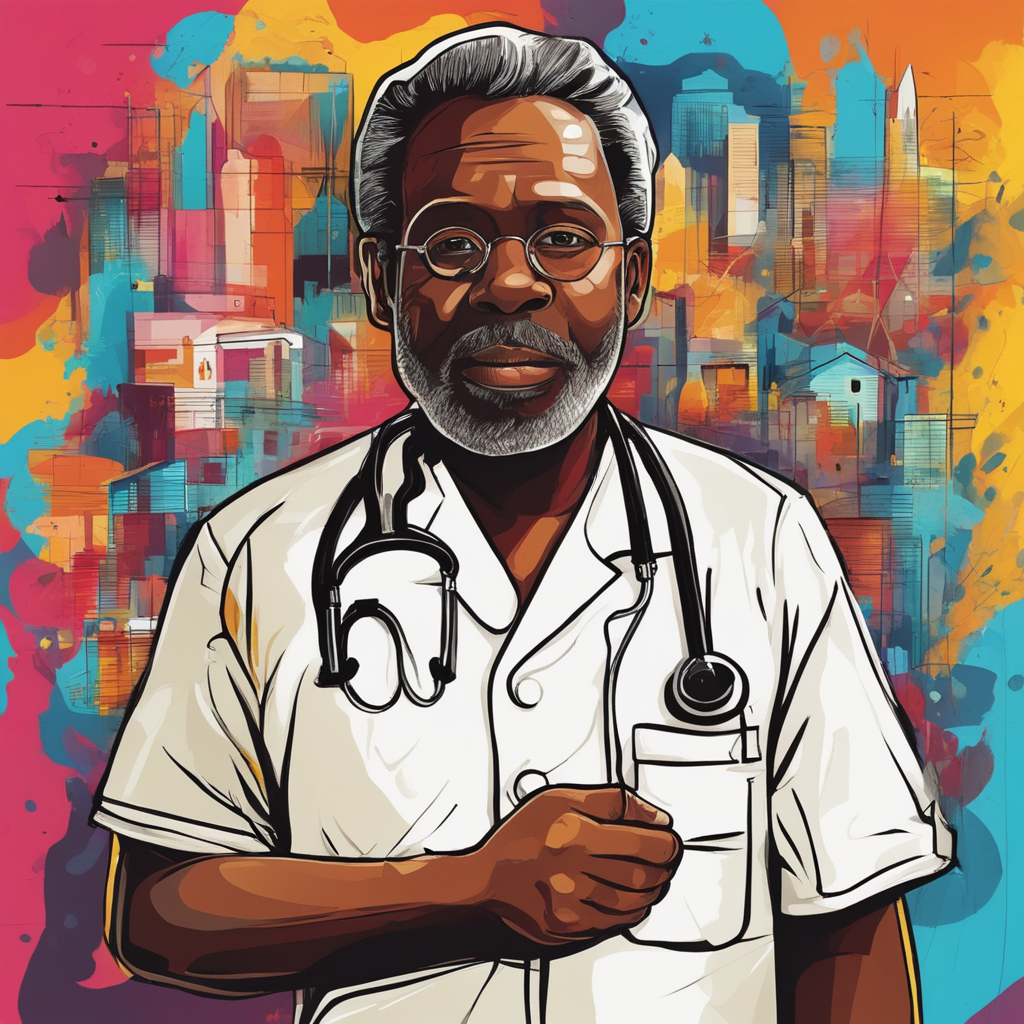Introduction
Radioactive iodine (RAI) scans are used to assess patients with thyroid cancer, particularly differentiated thyroid cancer, to detect residual or recurrent disease after thyroidectomy. Thyrogen, also known as recombinant human thyrotropin (rhTSH), is a synthetic form of thyroid-stimulating hormone (TSH)[1].

Mechanism of action of thyrogen
In patients who have undergone thyroidectomy, the administration of recombinant human TSH (thyrogen) stimulates any remaining thyroid tissue or metastatic thyroid cancer cells to increase iodine uptake. This is because TSH acts on thyroid cells to increase sodium iodide symporter (NIS) activity, which is responsible for the transport of iodine into the cells[2].
Practice Guide for Thyrogen
Recombinant human TSH (rhTSH) was created to stimulate TSH without the withdrawal of thyroid hormone and the associated risks of clinical hypothyroidism. Administered by two consecutive daily injections, rhTSH leads to short-term elevation of TSH, which could potentially reduce the risks of tumor stimulation risks[3].
Clinical Trial Evidence
This study investigated the use of human thyroid stimulating hormone (rhTSH) recombinant as an alternative to thyroid hormone withdrawal (THW) to enhance iodine-131 uptake in patients with differentiated thyroid cancer (DTC) after thyroidectomy. Although rhTSH has potential benefits, its efficacy for residual or metastatic DTC has not been prospectively assessed.
The study analyzed four trials with 223 patients with DTC, finding no significant differences between rhTSH and THW in ablation rate. However, rhTSH treatment showed benefits in reduced radiation exposure to the blood and bone marrow and some health-related quality of life related to health. No serious adverse effects or deaths were reported in either group. However, the study lacks sufficient data on metastatic DTC and long-term outcomes.
The authors concluded that rhTSH is as effective as THW for ablation of thyroid remnants with iodine-131. More randomized controlled trials are needed to evaluate the effectiveness of lower doses of iodine-131 and guide treatment selection for metastatic DTC[4].
References
1. Dueren, C., Dietlein, M., Luster, M., Plenzig, F., Steinke, R., Grimm, J., Groth, P., Eichhorn, W., and Reiners, C. (2010) The use of thyrogen in the treatment of differentiated thyroid carcinoma: an intraindividual comparison of clinical effects and implications of daily life. Exp Clin Endocrinol Diabetes, 118 (8), 513–519.
2. Kogai, T., Taki, K., and Brent, G.A. (2006) Enhancement of sodium/iodide symporter expression in thyroid and breast cancer. Endocr Relat Cancer, 13 (3), 797–826.
3. Zagar, I., Schwarzbartl-Pevec, A.A., Vidergar-Kralj, B., Horvat, R., and Besic, N. (2012) Recombinant Human Thyrotropin-Aided Radioiodine Therapy in Patients with Metastatic Differentiated Thyroid Carcinoma. J Thyroid Res, 2012, 670180.
4. Ma, C., Xie, J., Liu, W., Wang, G., Zuo, S., Wang, X., and Wu, F. (2010) Recombinant human thyrotropin (rhTSH) aided radioiodine treatment for residual or metastatic differentiated thyroid cancer. Cochrane Database Syst Rev, 2010 (11), CD008302.
Kindly Let Us Know If This Was helpful? Thank You!


